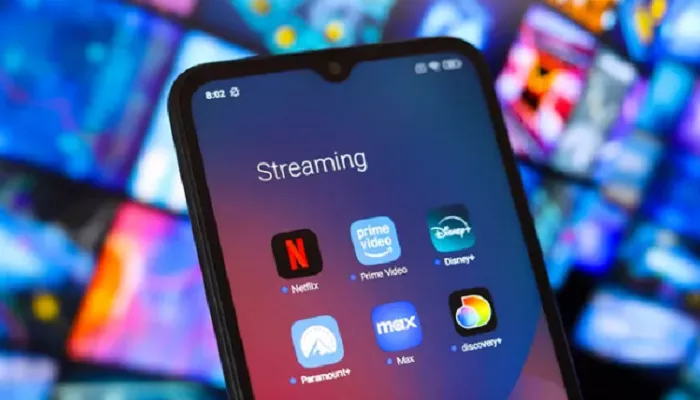The Motion Picture Association (MPA) is pushing for an automated blocking system to combat online piracy in real time, bypassing the need for court approval. The MPA, which represents major streaming companies such as Disney+, Netflix, and Warner Bros., is urging VPN providers, proxies, and Content Delivery Networks (CDNs), like Cloudflare, to cooperate in implementing dynamic blocking.
While VPN services are designed to protect privacy, this request follows similar calls by organizations like Canal+ and France’s Ligue de Football Professionnel (LFP), which have pushed for stricter actions against online piracy.
A recent legal case in France dealt a significant blow to VPN providers when Canal+ won a ruling requiring VPN services to block illegal sports streaming websites. Despite VPN providers’ position against illegal activities, the growing push for site blocking raises concerns over the broader implications for internet freedom.
What is the MPA Demanding?
In 2023, the European Commission released recommendations on tackling online piracy. Although VPN providers were not directly targeted in the report, it suggested “dynamic injunctions” and “cooperation” between rights holders and intermediaries as part of the solution. The EU Commission also encouraged VPN providers to adopt “voluntary measures” to prevent misuse of their services.
The MPA responded to these recommendations in May 2025, criticizing inconsistent implementation across EU member states. “Europe is missing effective and appropriate implementation of these provisions,” the MPA said.
The group is now calling for the use of automated blocking technology that would allow copyright holders to act against piracy in real time. The MPA pointed to successful examples of such systems in countries like Italy, Greece, Portugal, and Brazil, where real-time blocking has been implemented.
Impact on VPN Providers
The MPA has emphasized the role of intermediaries, including VPNs, in fighting piracy. The association claims that CDNs have the technical capacity to implement targeted blocking, but calls for VPN providers and proxies to cooperate, suggesting that these services are often used by piracy operators.
However, VPN advocates argue that these services are being unfairly targeted. The VPN Trust Initiative (VTI) strongly defended the role of VPNs, stating: “VPNs do not facilitate piracy. They neither host, store, nor promote copyrighted material.” The VTI argues that targeting VPNs for activities they don’t enable is both misguided and disproportionate.
In response to Canal+’s legal actions, the Internet Infrastructure Coalition (i2 Coalition), which supports internet freedom and privacy, condemned the use of blocking orders. The group argued that blocking measures are ineffective and could cause significant collateral damage. They further emphasized that ethical VPN services prohibit the hosting or promotion of illegal content.
The MPA’s Broader Demands
The MPA has also called for stronger efforts to identify the operators behind piracy sites. It wants rights holders to be able to use “Right of Information” requests to identify individuals behind illegal streams and wants the EU to expand its “Know Your Business Customer” (KYBC) requirements to include online intermediaries.
However, many VPN providers, known for their strict no-logs policies, would struggle to comply with such demands. These policies are designed to protect user privacy by minimizing the collection and storage of personal data. For VPNs that don’t track user activity, fulfilling identity requests would be virtually impossible.
This issue was highlighted in a recent case involving Windscribe, where the company’s lack of identifiable data led to the dismissal of charges against its CEO, Yegor Sak. This incident underscores the importance of privacy for VPN users, with companies like Proton VPN prioritizing user confidentiality, even over potential legal pressures.
While there are no direct legal actions against VPN providers at this time, the growing calls for anti-piracy measures continue to spark a debate over privacy and the future of online freedoms.


